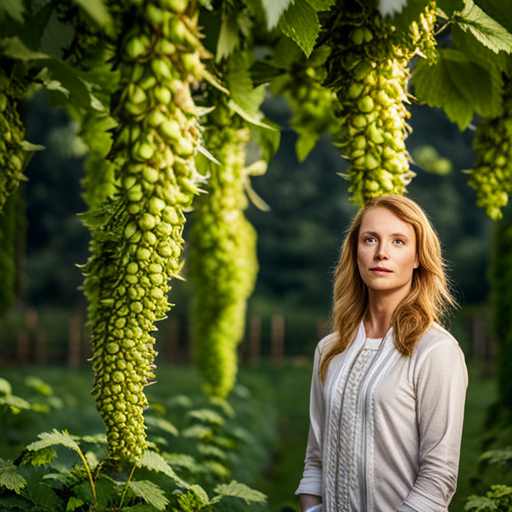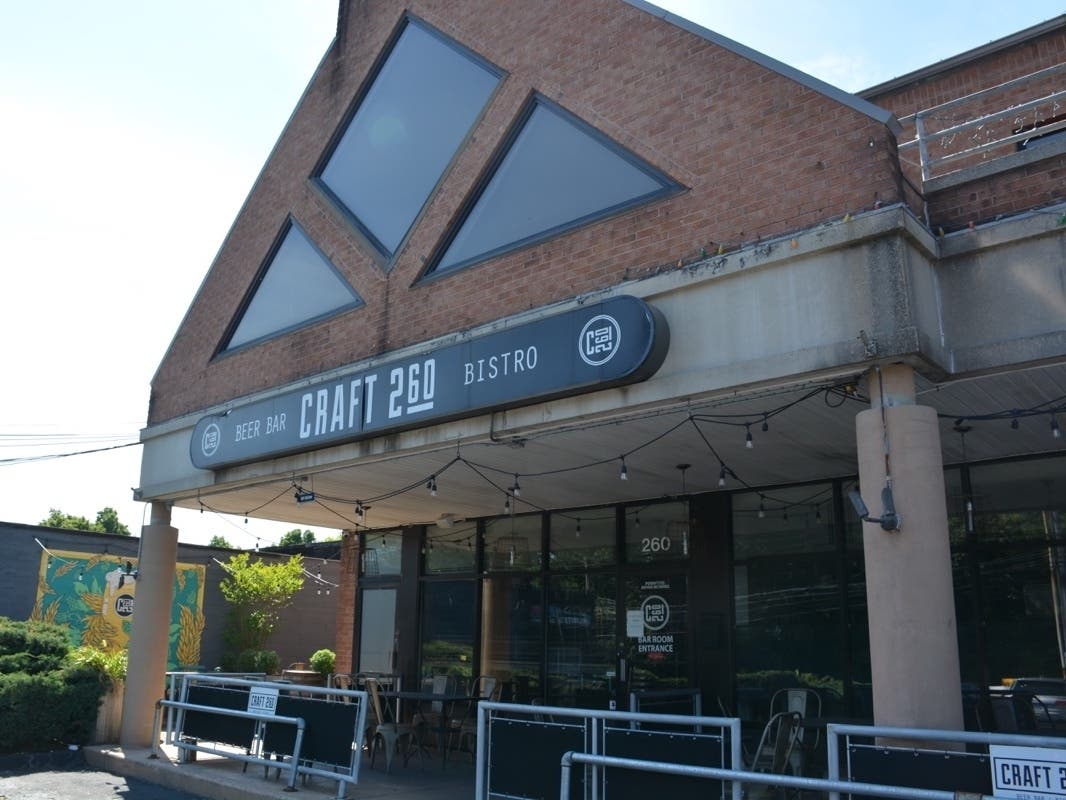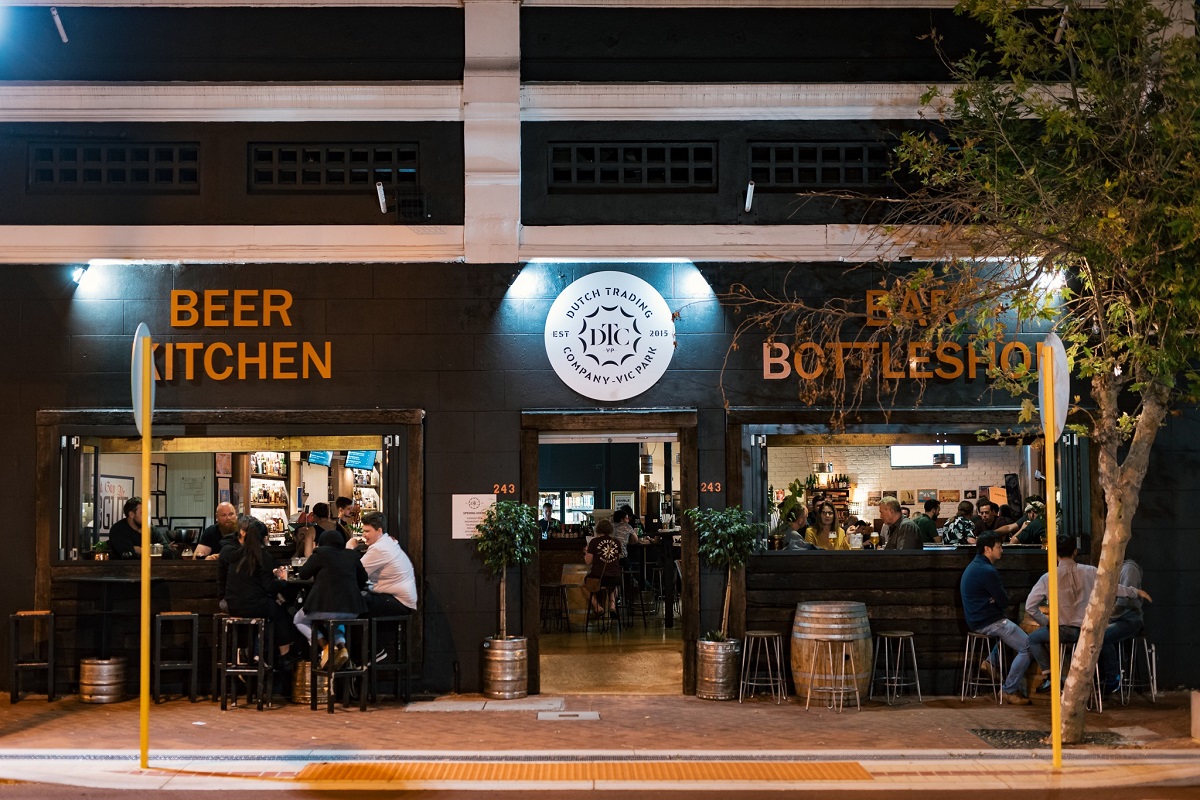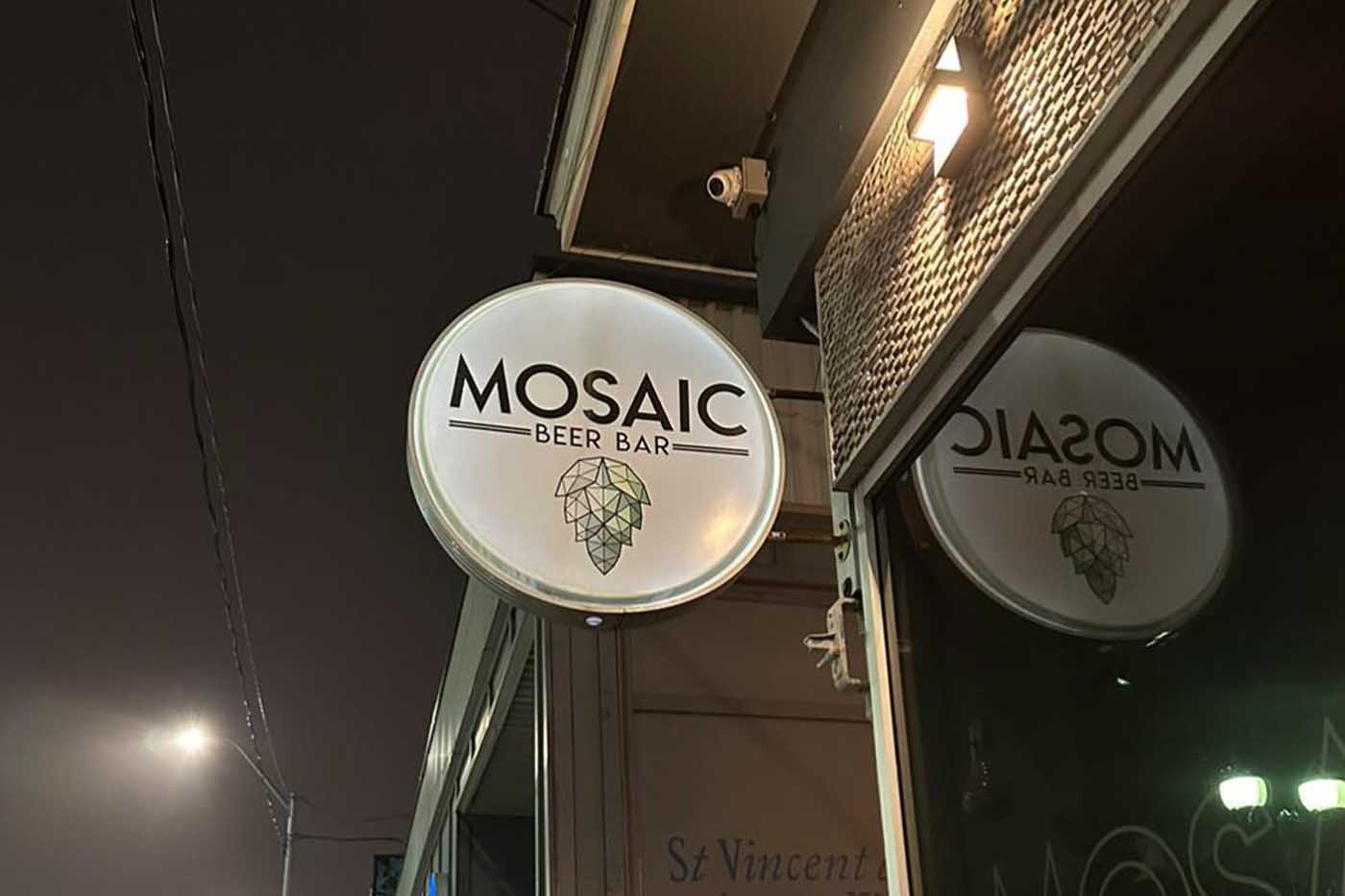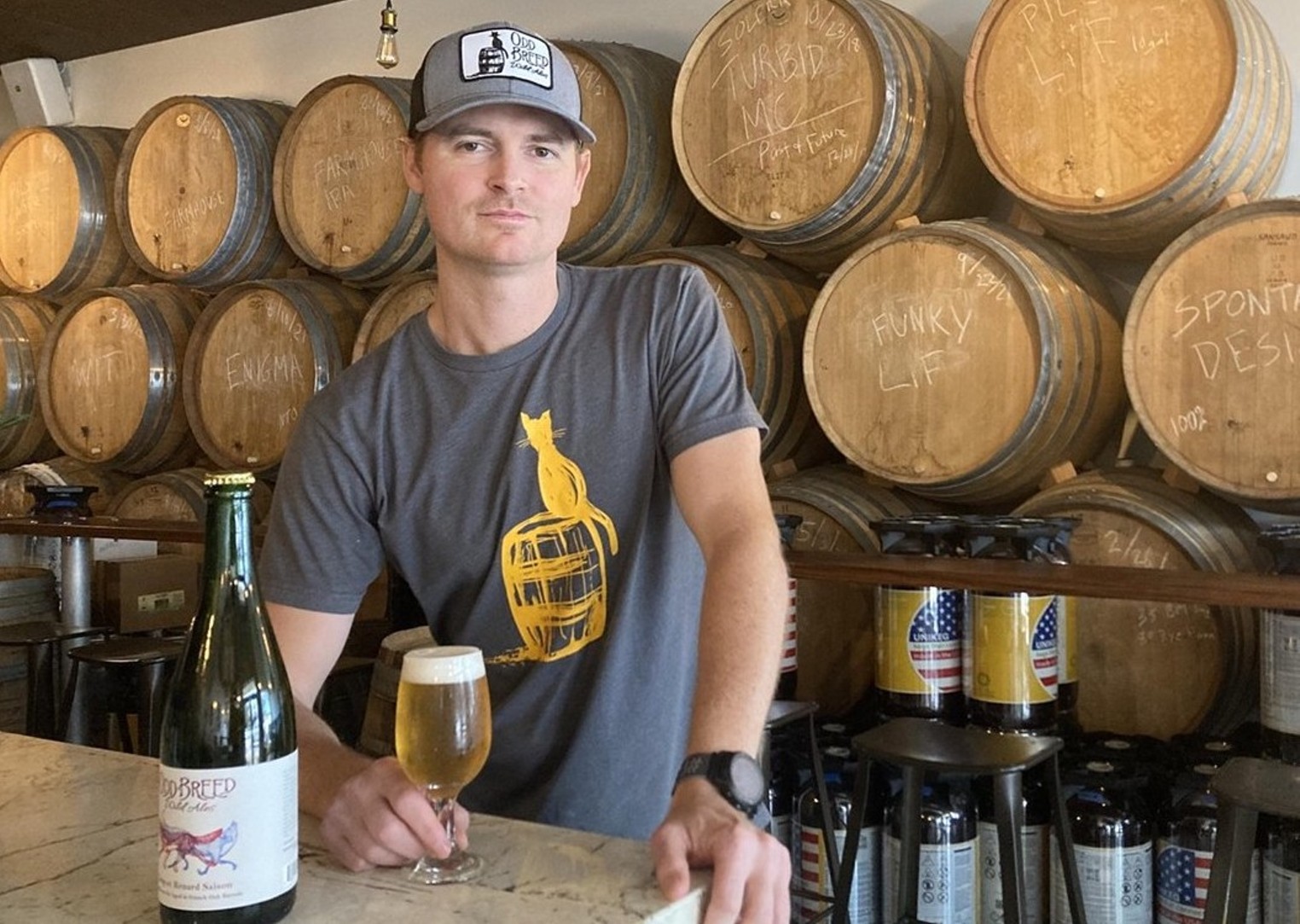Craft Hop Growing in the U.S.
The Rise of Craft Beer Culture
In recent years, there has been a significant surge in the popularity of craft beer in the United States. This newfound love for specialty brews has sparked a parallel interest in hop growing, as brewers strive to create unique flavors and aromas for their beers. With the rise of the craft beer culture, craft hop growing is becoming increasingly popular, attracting both hobbyists and commercial growers alike.
The Art of Hop Growing
Growing hops is not as simple as planting seeds and waiting for them to flourish. It requires careful attention to detail and a deep understanding of the unique characteristics of different hop varieties. From choosing the right strain of hops to mastering the art of harvest, craft hop growing requires a combination of skill, passion, and patience.
Location and Climate
Hop plants are known to thrive in specific climates, particularly those with long summer days and cool nights. Traditionally, hop growing was concentrated in the Pacific Northwest, where the ideal growing conditions existed. However, as craft beer’s popularity has spread across the country, hop farms are now thriving in regions such as the Midwest and the Northeast, offering a wider variety of hop flavors and styles.
Hop Varieties and Flavor Profiles
Craft hop growing allows brewers to experiment with an extensive array of hop varieties, each contributing its own unique flavors and aromas to the beer. Popular hop varieties include Cascade, Chinook, Centennial, and Citra, to name just a few. These hops can impart floral, fruity, piney, or even tropical notes when used in brewing, adding to the complexity and depth of craft beers.
Sustainability and Organic Practices
With the growing awareness of environmental sustainability and the preference for organic products, many craft hop growers are embracing eco-friendly practices. From implementing natural pest control methods to using organic fertilizers, these farmers are committed to producing hops in a sustainable and responsible manner. This movement towards sustainability not only enhances the quality of the hops but also aligns with the values of the craft beer community.
The Impact on the Craft Beer Industry
Craft hop growing has had a profound impact on the craft beer industry. These locally sourced, specialty hops have allowed brewers to create unique and distinctive beers that stand out in a crowded market. Small-scale hop growers have also fostered a sense of community among craft brewers, allowing for collaboration and the exchange of knowledge and resources.
Supporting Local Agriculture
Craft hop growing not only contributes to the diversity of beer flavors but also supports local agriculture. By sourcing hops from nearby farms, breweries can build stronger connections with their communities and reduce their carbon footprint. This emphasis on locality and sustainability is especially valued by craft beer enthusiasts, who appreciate the authenticity and traceability of the ingredients used in their favorite brews.
Economic Growth and Job Creation
As the demand for craft beer continues to grow, so does the need for quality hop growers. Craft hop farming has not only created jobs in the agricultural sector but has also stimulated rural economic development. It has provided opportunities for small-scale farmers to diversify their income and has helped revitalize farming communities that were struggling in the face of industrial agriculture.
Joining the Craft Hop Movement
For beer enthusiasts with a green thumb or farmers looking for a new venture, craft hop growing offers an exciting opportunity to be part of the booming craft beer industry. By immersing themselves in this unique art form, hop growers can contribute to the rich tapestry of flavors that define the craft beer landscape in the United States.
